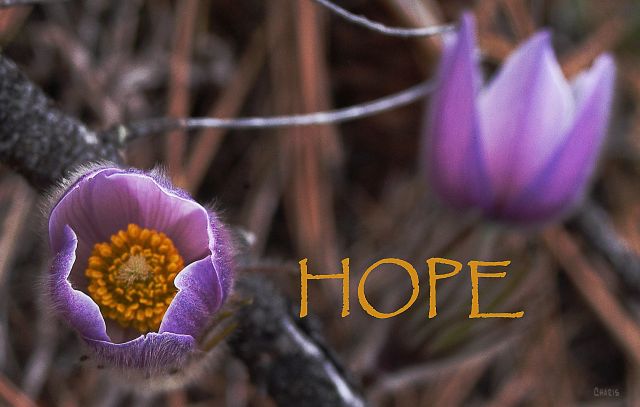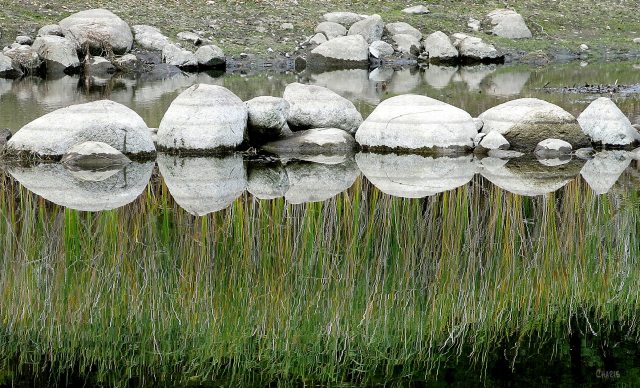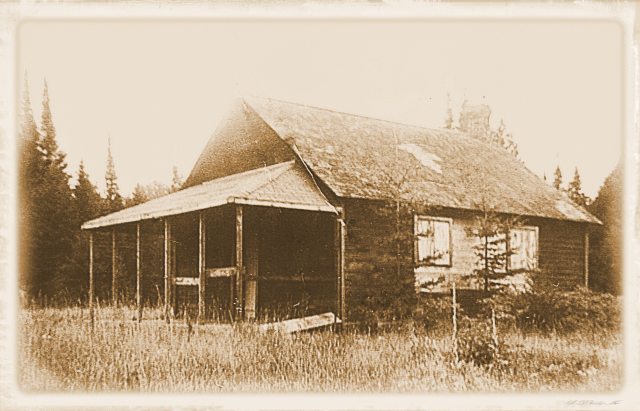
I pray that God, the source of all hope, will infuse your lives with an abundance of joy and peace in the midst of your faith so that your hope will overflow through the power of the Holy Spirit.
(Romans 15:13 The Voice)
When I see different thought streams start to converge and ideas come together I feel excited. I want to talk about them – a lot. I’m a verbal processor and for some reason I can I hear my thoughts better when I bounce them off people.
This can be wearing on friends, I know. To spare them from a barrage of words and ideas which I may discard the next day, I intentionally spend most of my time alone. Sometimes I journal. Sometimes I ruminate. But nothing works as well as a listening ear. Fortunately my husband understands. He’s a verbal processor too.
I’ve learned not to take him seriously until he comes to some sort of conclusion and he does the same for me – most of the time. Both of us have to keep apologizing because when we’re on a roll it’s hard for people who think hard before they speak to find a gap in the conversation large enough to stick a sentence in.
I’m learning to be a better listener and to ask better questions and honour long silent gaps in a conversation. I’m also learning to bracket interesting tangents my friends may inspire and come back to them later. But it’s not a consistent habit yet. It still takes conscious effort.
There are other areas of my life the Lord is working on. It’s like an episode of a TV show about hoarders. He has moved into the central living room of my life and the hearth of my heart, but the outer rooms are still being cleared. Some of them are still piled with superfluous stuff like habits and unexamined ideas I’ve collected from garage sales. My intent was to re-purpose them into something, if not beautiful, then at least useful. Yeah. I know. That never really happened. Clutter. Toss it.
Changing annoying habits based on stupid ideas is a lot easier in theory than in practice. As long as I am concentrating on eating only healthy vegetables, for example, all is well. If I’m watching an exciting movie and an open bag of potato chips just happens to perch itself on the coffee table, I can crunch through a couple of handfuls before I even notice. And I don’t even like potato chips.
Change starts with an idea, but remains merely theoretical without practice.
Lately the Lord has been bringing opportunities to put into practice the things he has been teaching me, like listening more, and responding with a positive, trusting attitude when he sends prompts to engage his promises. It’s a chance to live in an abundance of peace and joy and overflowing hope. Alas, my response is not yet automatic when I am reading the instructions for preparations for another scope or scan, like I was doing this morning. I tend to catastrophize.
I need a better thought.
Sometimes I need to let new ideas infuse themselves into my life before the actions they inspire show up in all my words and actions. Like the process for making a proper cup of tea the process for heart-change cannot be rushed. I need to let it steep for a while. I need to listen and re-listen and meditate and study God’s words before they start to infuse every part of my life.
How to meditate? Someone told me once that if you can worry, you can meditate. Instead of mulling over the eternal ramifications of what can go wrong, try looking at what can go right, at what God has promised you, the dreams he placed in your heart, the way he has, by his grace, brought you this far. Rest in his presence and enjoy his company.
I just looked up and saw a post-it note I plastered to the edge of the shelf above my computer a few weeks ago. It says: Your God is present among you. Happy to have you back, he’ll calm you with his love and delight you with his songs. (Zephaniah 3:17)
Time to listen to his choice in music.





 I have music in my head all the time. My life has been about music and even after retirement, I can’t bear to part with music books that fill shelves and bins in my house. At this very moment, I can “hear” the background music of a humorous Youtube video I just watched. Obviously, this carries no profound meaning. Singers can tell you how music they are trying to memorize disrupts sleep when it plays over and over as they toss and turn. That’s not what I’m talking about, nor are the kids’ songs you play in the car so often you don’t have to hit any button to start them up.
I have music in my head all the time. My life has been about music and even after retirement, I can’t bear to part with music books that fill shelves and bins in my house. At this very moment, I can “hear” the background music of a humorous Youtube video I just watched. Obviously, this carries no profound meaning. Singers can tell you how music they are trying to memorize disrupts sleep when it plays over and over as they toss and turn. That’s not what I’m talking about, nor are the kids’ songs you play in the car so often you don’t have to hit any button to start them up. He says, “Stop! Stop letting your thoughts run away with you. Take those thoughts captive and counter them with who I really am. I want to show you an aspect of myself you can only see in the middle of these circumstances. Stop it, because I really do love you. Look in my heart and let my love for you keep us together, whatever happens, wherever this part of the journey leads. I’ve got this.”
He says, “Stop! Stop letting your thoughts run away with you. Take those thoughts captive and counter them with who I really am. I want to show you an aspect of myself you can only see in the middle of these circumstances. Stop it, because I really do love you. Look in my heart and let my love for you keep us together, whatever happens, wherever this part of the journey leads. I’ve got this.”







